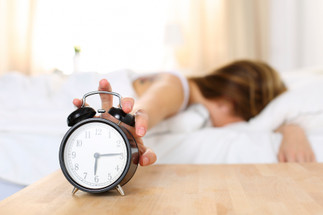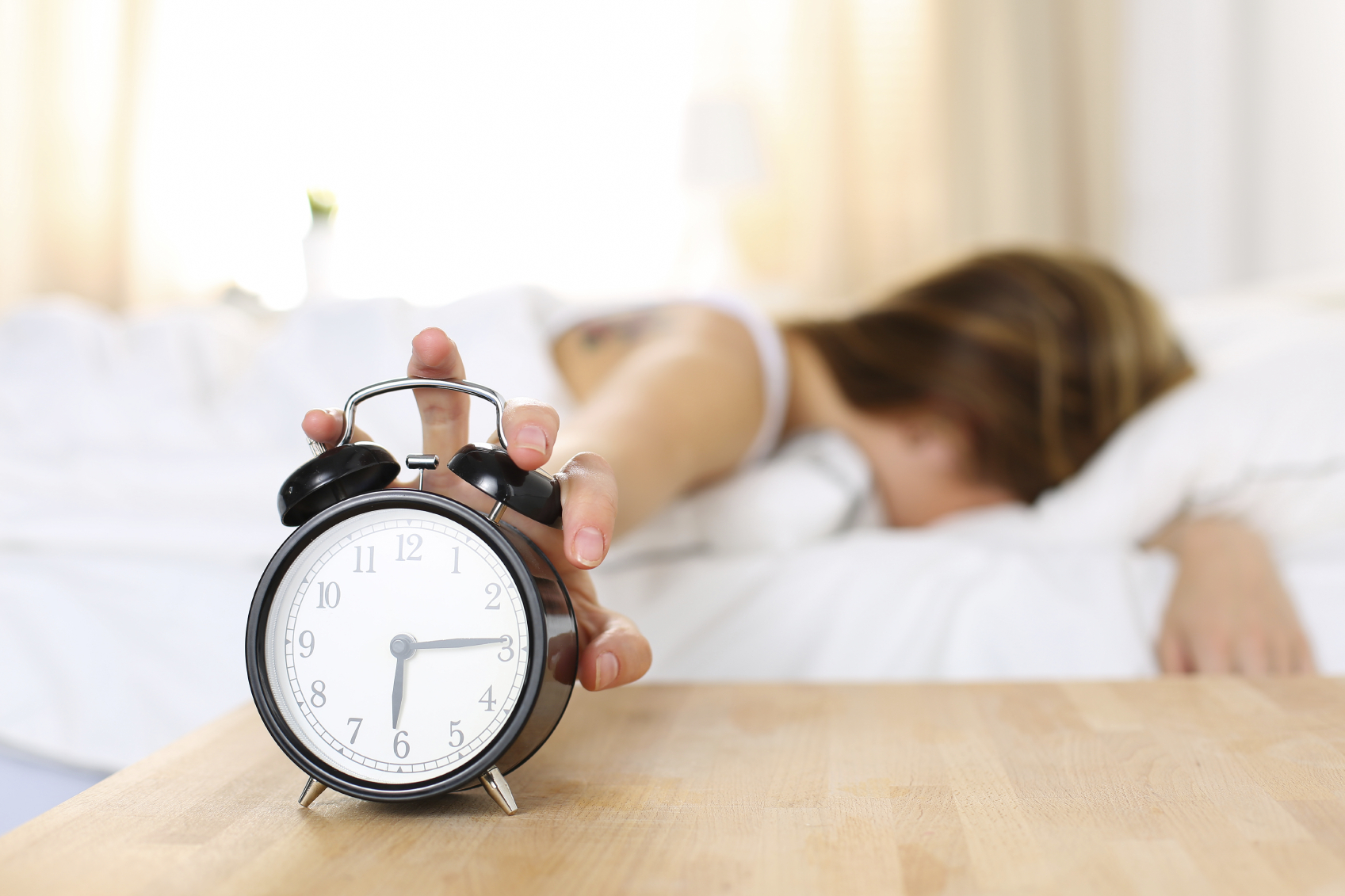Posted by Lisa Edwards on Mar 9th 2016
Don't Let Bruxism Get In The Way Of A Good Night’s Sleep
Sleep is one of the most critical factors in overall health. A recent study by the National Sleep foundation found that 35% of those surveyed said they get less than the recommended seven or more hours of sleep a night.
In honor of National Sleep Awareness week, we want to help you break down the barriers that are getting in the way of your good night sleep. If waking up in the morning is hard, and you are experiencing jaw pain, sore teeth, and fatigue then chances are you have bruxism.
A visit to the dentist is the best first step to take in figuring out how to manage a better night's sleep. They will be able to properly diagnose and assess the severity of any damage already caused. Treatment of of jaw pain can be easy and the symptoms might not be hard to manage if you know what you’re dealing with to start.
Bruxism
Bruxism is the grinding, gnashing, and clenching of your teeth. Most people aren't even aware that they are doing it because it happens while you are unconscious sleeping. Your sleep partner may notice bruxism at night – it can get pretty loud.
Dentists can identify bruxism by looking for chipped or worn enamel, worn teeth, depressed spots on your tongue, and other visible physical damage caused by excess force and pressure to your teeth. You might also notice tooth sensitivity, tired muscles in the morning, a headache, and pain in the area in front of your ears.
For many people it’s simply a physical outlet for stress and tension that happens without them noticing. Bruxism it’s easy to treat the symptoms of it, and important to your long-term oral health and good nights sleep.
The Importance of Treating Bruxism:
Bruxism left untreated can lead to TMD, Temporomandibular Joint Disease. Long term effects include:
- Popping and clicking while chewing
- Lockjaw
- Trouble chewing
- Muscle spasms in the jaw
- Discomfort in the temples
- A gritty, grinding feeling when opening or closing your jaw
- Tooth wear and damage
How To Treat Bruxism:
It’s practically impossible to stop bruxism due to its unconscious muscular nature, but we can stop it from getting worse, causing damage, inflicting pain and ruining your sleep.
The symptoms of bruxism are easily and effectively treated with night time mouthguards that protect your teeth. It won’t actually stop the grinding from happening, but it will protect your teeth when it does occur.
Count your blessings instead of sheep! Stop the grinding and get some sleep.
For more information about sleep health and tips for a better night's sleep, visit the National Sleep Foundation.



